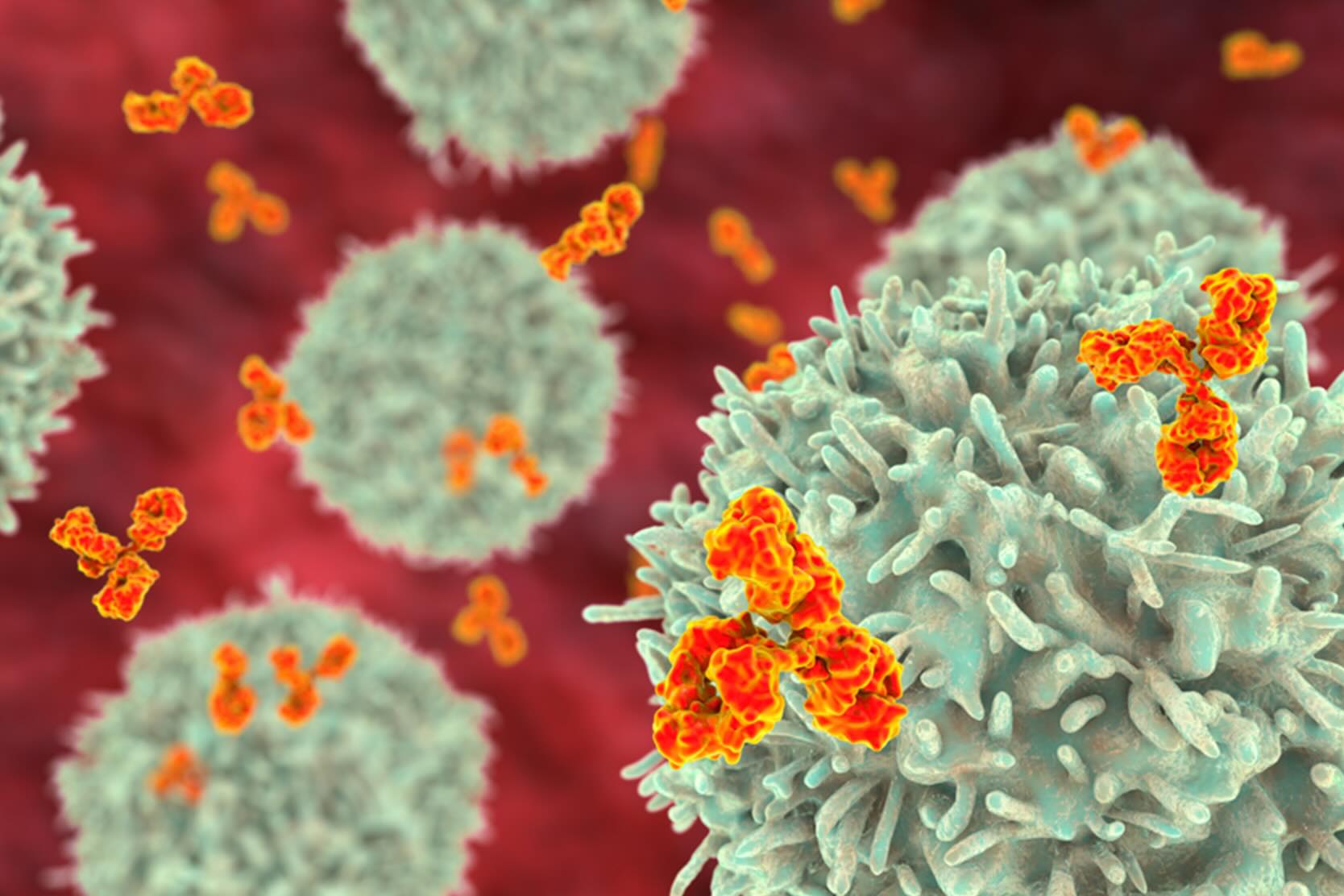
Immunodeficiency is a condition where the immune system's ability to fight infectious diseases and cancer is compromised or entirely absent. Primary immunodeficiencies are usually genetic and present at birth, while secondary immunodeficiencies are acquired due to external factors like infections, malnutrition, or medical treatments. Did you know that over 300 types of primary immunodeficiencies exist? These conditions can lead to frequent infections, delayed growth, and autoimmune disorders. Understanding immunodeficiency is crucial for early diagnosis and effective treatment. This article will explore 26 intriguing facts about immunodeficiency, shedding light on its causes, symptoms, and management. Get ready to learn about the fascinating world of the immune system and how it protects us every day.
Understanding Immunodeficiency
Immunodeficiency refers to a state where the immune system's ability to fight infectious diseases and cancer is compromised or entirely absent. This condition can be either congenital (present from birth) or acquired later in life. Let's dive into some fascinating facts about immunodeficiency.
-
Primary Immunodeficiency Diseases (PIDs) are genetic disorders that affect the immune system. Over 400 different types of PIDs have been identified.
-
Secondary Immunodeficiency occurs due to external factors like infections, malnutrition, or medical treatments such as chemotherapy.
-
Severe Combined Immunodeficiency (SCID) is one of the most serious forms of primary immunodeficiency. Babies with SCID lack almost all immune defenses.
-
HIV/AIDS is the most well-known acquired immunodeficiency. HIV attacks and destroys T-cells, weakening the immune system.
-
Common Variable Immunodeficiency (CVID) is a primary immunodeficiency that can appear at any age. It leads to low levels of antibodies and increased susceptibility to infections.
Causes and Symptoms
Understanding the causes and symptoms of immunodeficiency can help in early detection and management. Here are some key points to consider.
-
Genetic Mutations are the primary cause of many immunodeficiency disorders. These mutations can be inherited from one or both parents.
-
Frequent Infections are a common symptom. Individuals may experience recurrent ear infections, sinusitis, bronchitis, or pneumonia.
-
Slow Recovery from illnesses is another symptom. Even minor infections can take longer to heal.
-
Autoimmune Disorders can be associated with immunodeficiency. The immune system may mistakenly attack the body's own tissues.
-
Digestive Problems like chronic diarrhea, abdominal pain, and weight loss can also be symptoms of immunodeficiency.
Diagnosis and Treatment
Early diagnosis and appropriate treatment are crucial for managing immunodeficiency. Here are some important facts about how these conditions are diagnosed and treated.
-
Blood Tests are commonly used to diagnose immunodeficiency. These tests measure the levels of different immune cells and antibodies.
-
Genetic Testing can identify specific mutations responsible for primary immunodeficiencies.
-
Bone Marrow Transplants are a potential cure for some severe immunodeficiencies like SCID.
-
Immunoglobulin Therapy involves regular infusions of antibodies to help boost the immune system.
-
Antibiotics are often prescribed to treat and prevent infections in individuals with immunodeficiency.
Living with Immunodeficiency
Living with immunodeficiency requires careful management and lifestyle adjustments. Here are some tips and facts to help those affected.
-
Vaccinations can be a double-edged sword. While some vaccines are essential, live vaccines may be dangerous for those with certain immunodeficiencies.
-
Hygiene Practices like frequent handwashing and avoiding crowded places can help reduce the risk of infections.
-
Healthy Diet rich in vitamins and minerals supports the immune system. Foods high in vitamin C, zinc, and probiotics are particularly beneficial.
-
Regular Check-ups with healthcare providers are essential for monitoring the condition and adjusting treatments as needed.
-
Support Groups can provide emotional support and practical advice for managing daily life with immunodeficiency.
Research and Future Directions
Ongoing research is crucial for improving the understanding and treatment of immunodeficiency. Here are some exciting developments in the field.
-
Gene Therapy holds promise for curing genetic forms of immunodeficiency by correcting defective genes.
-
Stem Cell Research is exploring new ways to regenerate and repair damaged immune systems.
-
New Medications are being developed to enhance immune function and reduce the risk of infections.
-
Clinical Trials offer opportunities for patients to access cutting-edge treatments and contribute to medical research.
-
Personalized Medicine aims to tailor treatments based on an individual's genetic makeup and specific condition.
-
Public Awareness campaigns are essential for educating people about immunodeficiency and reducing stigma associated with these conditions.
Final Thoughts on Immunodeficiency
Understanding immunodeficiency is crucial for recognizing how our bodies fight off infections. These conditions, whether primary or secondary, can significantly impact daily life. Knowing the symptoms and treatment options helps in managing the condition effectively. From frequent infections to autoimmune disorders, the signs are varied and often misunderstood. Early diagnosis and proper medical care can make a world of difference.
Research continues to advance, offering hope for better treatments and potential cures. Staying informed and proactive about health can lead to better outcomes. Remember, knowledge is power. By learning more about immunodeficiency, you can better support yourself or loved ones dealing with these challenges.
Keep these facts in mind, and don't hesitate to seek professional advice if you suspect an issue. Your health is worth it.
Was this page helpful?
Our commitment to delivering trustworthy and engaging content is at the heart of what we do. Each fact on our site is contributed by real users like you, bringing a wealth of diverse insights and information. To ensure the highest standards of accuracy and reliability, our dedicated editors meticulously review each submission. This process guarantees that the facts we share are not only fascinating but also credible. Trust in our commitment to quality and authenticity as you explore and learn with us.
